Mindful Social Media Use to Support Your Mental Health
Social media has the power to connect, inspire, and entertain us – but it also comes with the potential to affect our mental well-being. While it offers a space for growth and interaction, it’s essential to be mindful of the impact it has on our mindset and daily life. Here are some useful tips on managing your social media experience with intention to promote positivity and well-being.
Choose Your Content Wisely
It’s easy to scroll mindlessly, but the content we engage with can significantly affect how we think and feel. Just as the words people say to us in person shape our thoughts, the media we consume – even on a screen – has a lasting effect on our mental health. That’s why it’s crucial to follow content that aligns with your values and enhances your well-being.
Social Media’s Effect on Your Mind
Social media interactions can mirror real-life experiences. The images, messages, and posts you see have a similar impact on your brain as in-person conversations or surroundings. If the content you’re seeing makes you feel anxious, stressed, or down, it could be affecting your mindset and overall mental health. Given this, it’s important to be intentional with the content you consume.
The Power of a Social Media Audit
If your social media feed isn’t making you feel good, performing an audit can help. Ask yourself, “Is this content serving me?” By regularly reviewing the accounts you follow, you can identify what uplifts you and what drains your energy. Removing content that no longer serves you can help restore a sense of control over your mental space.
Tailoring Your Feed for Positivity
The goal is to create a feed that aligns with who you are and who you aspire to be so that social media can benefit your wellbeing. Follow accounts that inspire calmness, courage, and growth. Anything that brings negativity or steers you in a direction you don’t like is a signal that it’s time to hit the unfollow button.
Set Time Limits
Use built-in tools like iPhone’s Screen Time or Android’s Digital Wellbeing to set daily limits on social media usage. Scheduling specific times to engage with social media can help prevent mindless scrolling and make your online experience more intentional.
Practice Digital Detoxes
Set aside specific days or hours each week to step away from social media entirely. You could start by turning off notifications for a day or take a full weekend away from social platforms. Creating tech-free zones, such as keeping devices out of the bedroom or dining area, can also reduce overstimulation and help you stay present.
Use Social Media as a Tool, Not a Distraction
Whether you’re using social media for work, hobbies, or personal connection, have a clear purpose for its use. Ask yourself how it adds value to your life and whether it helps you achieve your goals. Follow accounts that share informative content, teach new skills, or promote professional development.
Turn Off Notifications
Social media notifications can be a major distraction, pulling you away from other tasks. Turn off non-essential notifications so that you’re not constantly drawn back into apps. Instead, check notifications at specific intervals to prevent social media from hijacking your attention throughout the day.
Nurture Real-Life Connections
While social media helps maintain relationships, don’t let it replace in-person interactions. Make an effort to connect with friends and family offline, through calls, video chats, or face-to-face meetups. Balance your time online with activities that engage your mind and body in the real world, such as exercising, reading, or spending time outdoors.
Mind Your Mental Health
Regularly check in with how social media affects your mood. If certain apps or accounts make you feel anxious, insecure, or stressed, it might be time to unfollow or reduce your usage. Engage with content that fosters self-growth, gratitude, and positivity to shift your mindset from comparison and negativity to personal empowerment.
Start Your Day Without Social Media
Instead of scrolling through social media first thing in the morning, try journaling, meditating, or exercising. This sets a positive tone for the day. Similarly, avoid using social media right before bed, as it can disrupt your sleep. Opt for relaxing activities like reading, stretching, or listening to calming music instead.
Regularly Reevaluate Your Feed
Periodically reassess the accounts you follow. Unfollow those that no longer resonate with you or contribute negativity to your life. Keep your feed filled with content that uplifts, educates, and inspires you. A diverse, positive feed can expose you to new ideas, experiences, and perspectives.
Set Boundaries Around Social Media
It’s easy to feel pressured to engage with every post, but setting boundaries is key. Decide how much time and energy you’re willing to dedicate to social media, and step away when it starts feeling overwhelming. If social media leaves you feeling drained, trust your instincts and take a break.
By practising these mindful strategies, you can create a healthier balance with social media, turning it into a tool for connection, learning, and growth – rather than a source of stress or distraction.


